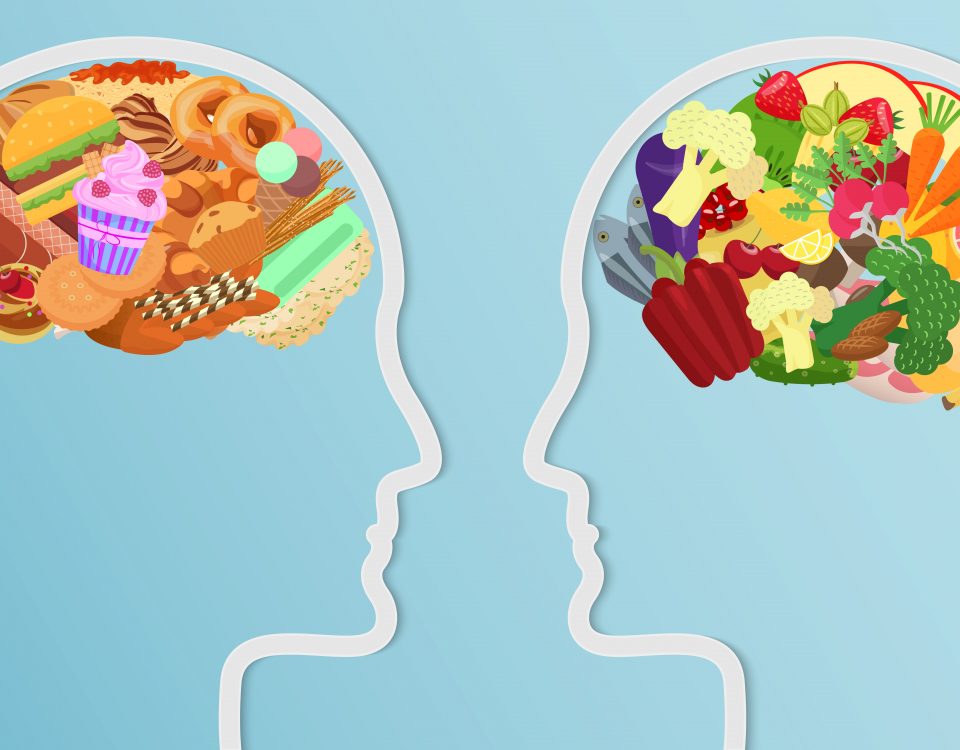Foods to Avoid With IBS: So What Can You Eat?
Irritable Bowel Syndrome (IBS) symptoms are, well, irritating! Bloating, gas, constipation, diarrhea can often impact the quality of everyday life. The symptoms of IBS can be improved by looking at how YOUR body responds to foods which can differ among individuals.
Your immune system is heavily concentrated around your gut. The gut is an interface between the outside environment and the inside of the body. Our gastrointestinal system is where the body takes in food, and it becomes part of us when it converts into energy. When we eat, our immune system has to make a decision to react or not to the foods coming into the body. In functional medicine, we use food sensitivity testing (IgG testing) to determine what foods could be contributing to the symptoms of IBS. Food sensitivity is different from food allergy. In food allergy, it is a different branch of the immune system that is reacting (IgE). Food sensitivity testing is done through a simple blood test and often is helpful for self-discovery and individualizing the treatment plan. I often order this type of testing when it seems like the immune system is irritated. IBS is one of those conditions. Removing those foods for a period of time is helpful in calming down the immune system and improving common IBS symptoms.
IBS Food Triggers and Prevention
A recent article in the BMJ Open Gastroenterology Journal showed this approach can be helpful for IBS. In a double blind randomized trial, patients were given either 4 weeks of diet that eliminated foods that testing identified as sensitivities and compared it to a similar group of patients that eliminated foods that showed no reaction on testing and allowed to eat the foods testing positive for reaction. The researchers looked at symptom scores before and after the intervention. The group who eliminated the reactive foods had a statistically significant improvement of symptoms compared to the sham control group.
I feel that a personalized approach to problems like IBS is helpful in helping our body heal itself and improving quality of life for this chronic condition.
References:
Efficacy of Individualized diets in patients with irritable bowel syndrome: a randomized controlled trial BMJ Open Gastroenterology 2017; 4(1): e000164 Ather Ali et al.
Food Elimination based on IgG antibodies in irritable bowel syndrome: a randomized controlled trial. Gut 2004 Oct; 53 (10): 1459-64 Atkinson et al.





